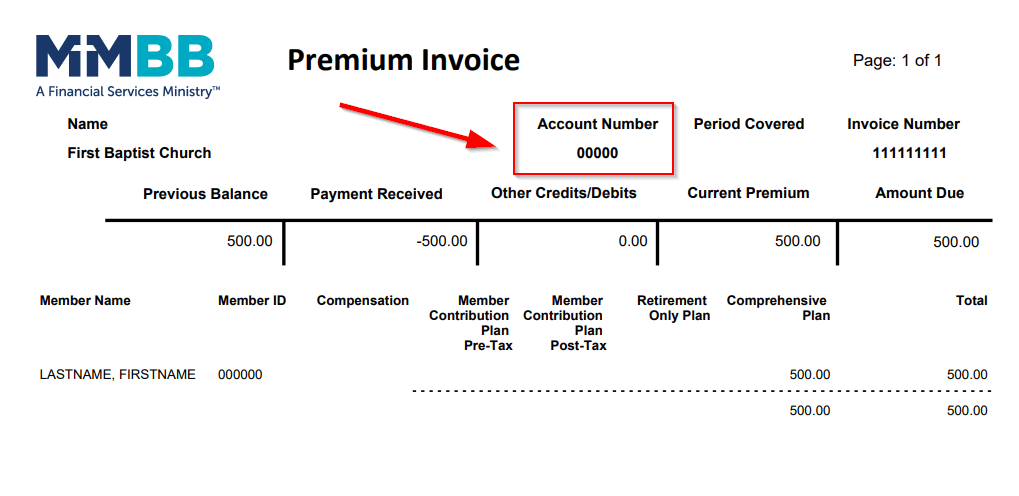Negotiating Clergy Compensation with Wisdom and Finesse
In the sacred space where ministry meets management, negotiating clergy compensation is more than a financial transaction—it’s an act of stewardship, fairness, and mutual respect. As churches strive to honor their pastoral leaders while balancing budgets, we offer a suggested roadmap for navigating this delicate terrain with clarity and compassion.
1. Begin with Transparency and Preparation
Negotiation begins long before the conversation. Pastors and church boards alike must prepare by understanding what constitutes a fair and comprehensive compensation package. This includes not only salary, but also housing allowance, Social Security/Medicare offsets, retirement contributions, insurance benefits, paid leave, and ministry-related reimbursements.
We encourage churches to form a Pastoral Relations Committee—a dedicated group that researches compensation norms for churches of similar size in their region, advocates for fairness, and facilitates open dialogue between leadership and clergy.
2. Know Your Worth—and Your Context
One of the most empowering tactics for clergy is to benchmark their compensation against community standards. MMBB suggests comparing pastoral salaries to those of professionals with similar education and responsibilities—such as school principals or nonprofit executives. Websites like salary.com are a suggested resource. This contextual approach helps churches move beyond national averages and tailor packages to local realities.
For bi-vocational ministers, acknowledge the dual demands of ministry and secular employment. Compensation should reflect the unique challenges and contributions of these leaders.
3. Frame the Conversation Around Mission
Negotiation is not a battle—it’s a collaboration. Pastors can frame compensation discussions around their ministry’s impact, aligning financial needs with the church’s mission. Highlighting achievements, growth in congregational engagement, and strategic leadership helps Trustee boards or finance committees see compensation as an investment in the church’s vitality.
Churches, in turn, should recognize that financial stress can hinder a pastor’s ability to serve wholeheartedly. Fair compensation is a form of pastoral care.
4. Use Tools and Worksheets
MMBB provides practical tools like the Compensation Budget Worksheet, which helps churches build packages that include salary, benefits, and housing allowances. These resources demystify the process and ensure that all parties are working from the same framework.
5. Revisit and Revise Regularly
Compensation is not static. Review it annually to consider inflation, performance, and evolving responsibilities. Churches should be proactive in adjusting packages to reflect the changing landscape of ministry—especially in a post-pandemic world where digital engagement and increased demands of community outreach have expanded pastoral roles.
6. Seek Support and Resources
Negotiating doesn’t have to be done alone. MMBB offers our members access to regional compensation studies to help churches and pastors make informed decisions. We also provide our members with financial planning from our certified financial planners as a benefit of membership. These experts can clarify complex issues like tax reporting, housing allowances, and retirement planning.
A Covenant of Care
Negotiating clergy compensation is ultimately about honoring the covenant between pastor and congregation. It’s a chance to affirm the value of spiritual leadership and ensure that those called to serve are supported in every dimension of their lives.
With the right tools, open hearts, and a shared commitment to fairness, churches can transform compensation conversations into moments that serve as the basis for long-term stewardship and a flourishing ministry.








 Next
Next



